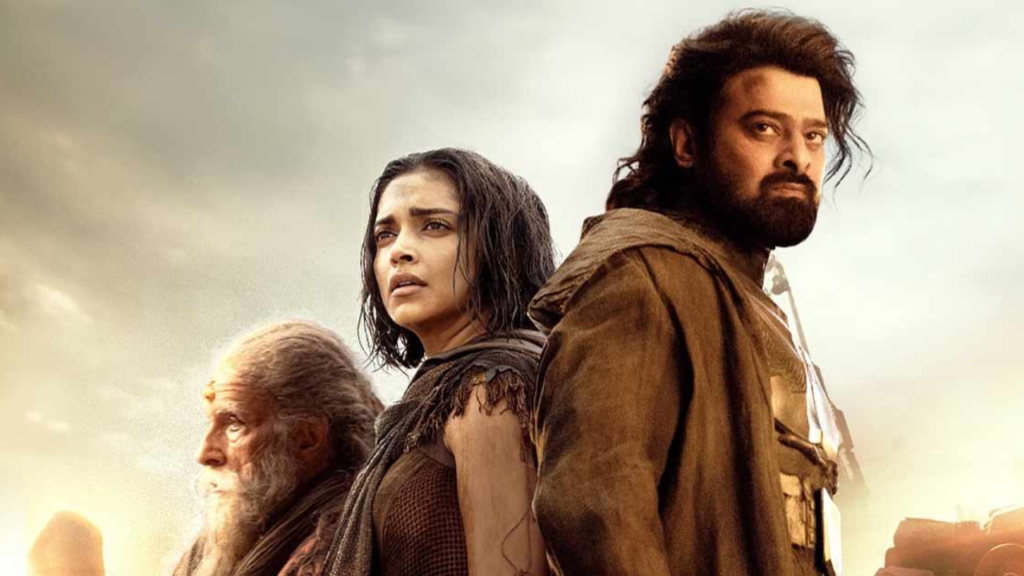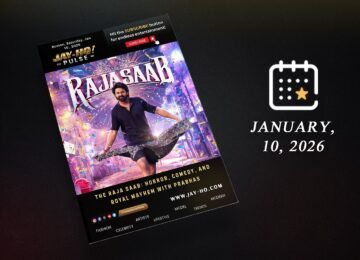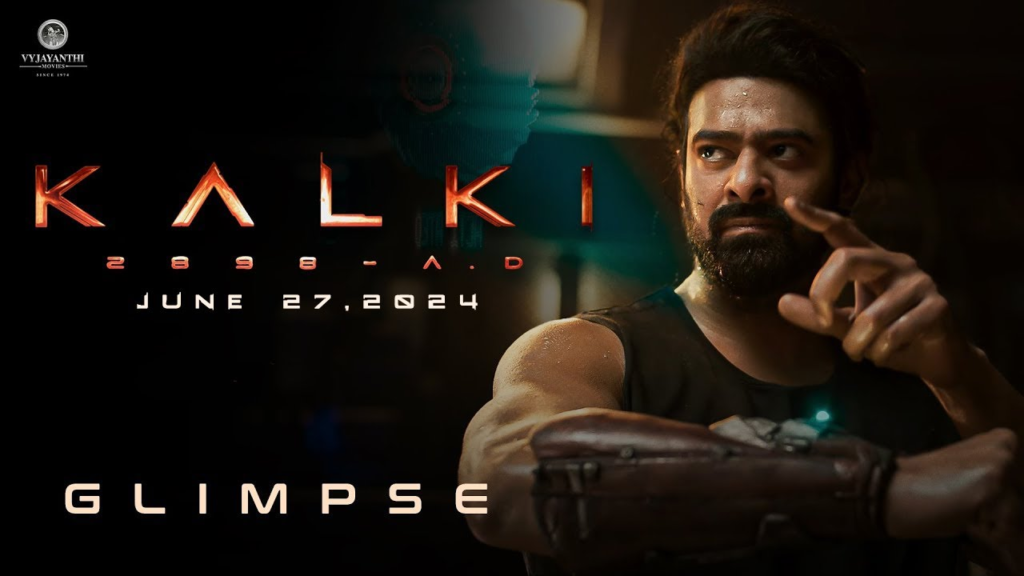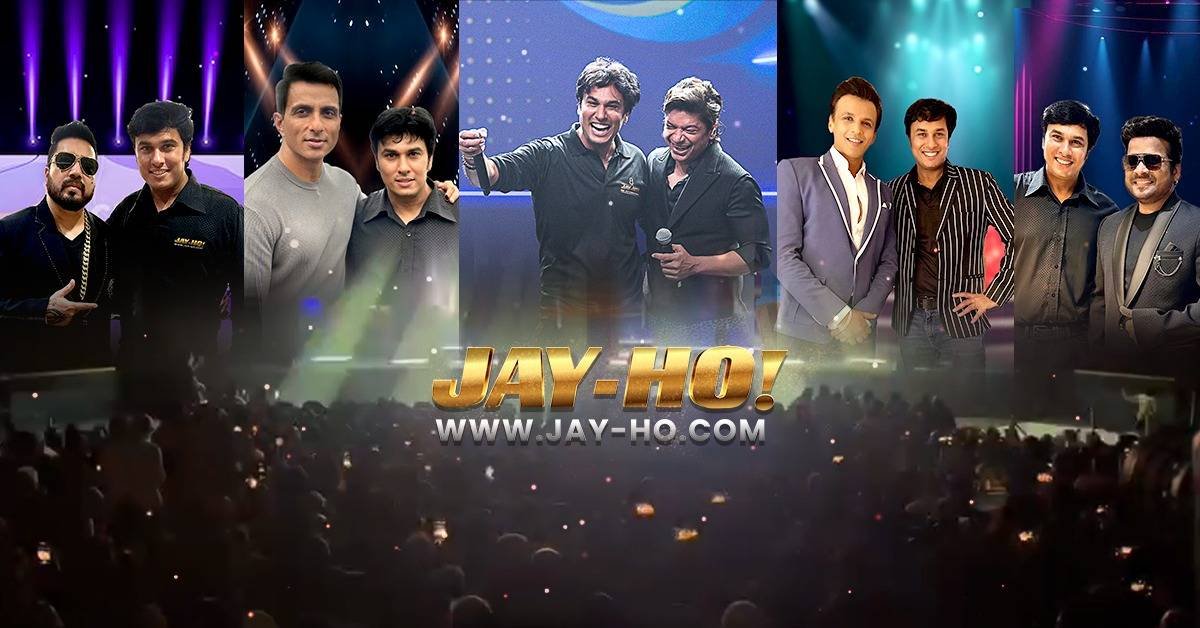In the vast universe of Indian cinema, Kalki 2898 AD emerges as a pioneering attempt at a pan-Indian sci-fi epic. Directed by a team that spans across various film hubs, the movie plunges us into a futuristic world set almost a thousand years ahead. Here’s a closer look at this ambitious spectacle that brings together stars like Prabhas, Amitabh Bachchan, and Kamal Haasan.
Kalki 2898 AD is a visual feast that draws inspiration from a multitude of futuristic and mythological elements. With its grand scale and sweeping narrative, the film attempts to captivate audiences with its blend of sci-fi fantasy and Indian mythos. However, while it aims for greatness, it grapples with the challenge of maintaining a tight and engaging storyline throughout.
The journey through Kalki begins with a slow burn. The first half struggles to find its footing, meandering through world-building and character introductions. The visual aesthetics borrow heavily from iconic films like Mad Max, Star Wars, and even the grandeur of Bahubali. Yet, despite these borrowed elements, the film initially fails to sustain momentum.
Amidst the sprawling narrative, it’s Amitabh Bachchan who shines brightest as Ashwatthama, a legendary figure from Hindu mythology. His portrayal is commanding and epic-like, adding depth to the narrative with his gravelly voice and formidable presence. Bachchan’s performance elevates the film whenever he appears, embodying a character steeped in ancient lore and futuristic conflict.
Prabhas, touted as the film’s protagonist, plays Bhairava, a bounty hunter thrust into a world teetering on the brink of destruction. While Prabhas flexes his muscles admirably during intense action sequences, his character’s development feels delayed. The film leans heavily on his star power but often sidelines him in favor of Amitabh Bachchan’s more compelling presence.
Kamal Haasan makes a brief yet impactful appearance as Supreme Yaskin, the antagonist ruling over the utopian city of the Complex. His portrayal adds layers of complexity to the film’s moral conflicts, leaving a lasting impression despite limited screen time.

World-Building and Mythological Threads
Kalki 2898 AD ambitiously weaves together elements of Hindu mythology with futuristic dystopia. Set in a desolate future where Kashi remains the last bastion of life, the film explores themes of prophecy and divine intervention. Characters like Deepika Padukone’s SUM-80 and Shobhana’s Senior Mother embody hope and resistance in a world ravaged by environmental decay.
The film finds its stride post-interval with gripping confrontations between heroes and villains. The narrative picks up pace as it hurtles towards a climactic showdown, where battles are waged with guns blazing and ancient weapons reawakened.
While attempting to lighten the mood, Kalki falters with misplaced humor that often falls flat. Prabhas, in particular, shoulders much of this burden, struggling to deliver laughs amidst a narrative craving urgency. However, the exception lies in Bujji, a robot companion voiced by Keerthy Suresh, whose witty banter adds occasional levity to the otherwise serious tone.
Kalki 2898 AD Verdict: A Mixed Bag
Kalki 2898 AD emerges as a bold experiment in Indian cinema, blending spectacle with mythological intrigue. While it stumbles in pacing and narrative cohesion, the film redeems itself through breathtaking visuals and powerhouse performances, especially from veterans like Amitabh Bachchan and Kamal Haasan. Prabhas, though charismatic, finds himself overshadowed in a tale that spans galaxies and epochs.
Kalki 2898 AD sets a benchmark for ambition in Indian cinema but struggles to balance its vast scope with a gripping narrative. It’s a journey worth taking for sci-fi enthusiasts and fans of epic storytelling, albeit with reservations about its pacing and thematic sprawl. As the film industry continues to evolve, Kalki stands as a testament to the limitless possibilities of imagination and cinematic vision.























